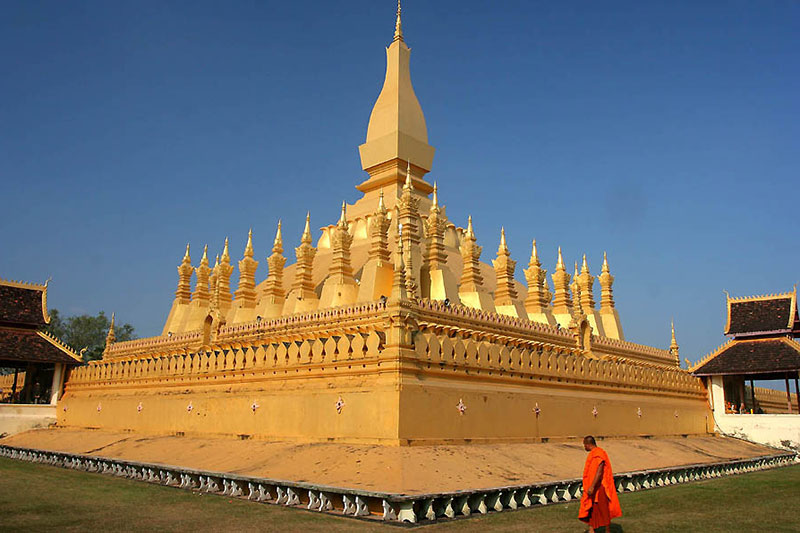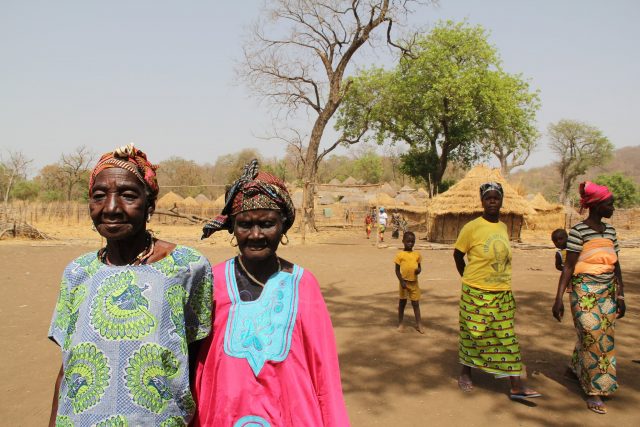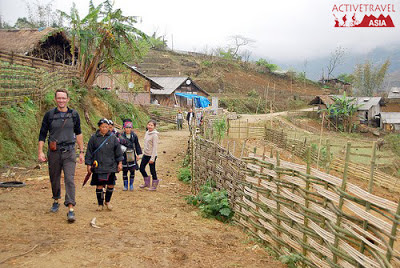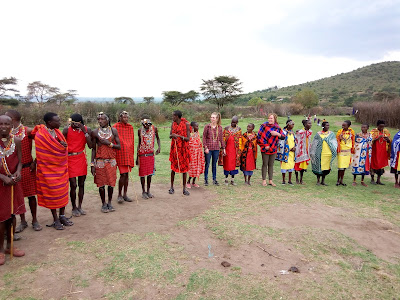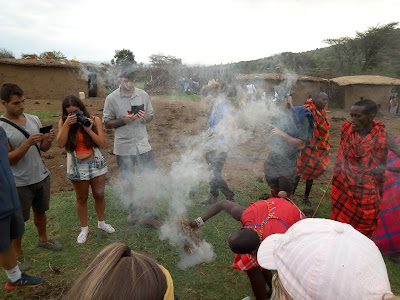Central America´s only English-speaking country has a population of around 397,000 and is about the size of New Jersey and a little larger than Wales. It´s something of a diamond in the rough whose small package can deliver gifts of wonderful islands, beaches, eco-experiences, and even Mayan archaeological sites — and all with fewer crowds and often lower prices than its neighbors. And here are seven of its highlights:
Belize’s largest and most famous island (top, 25 mil
